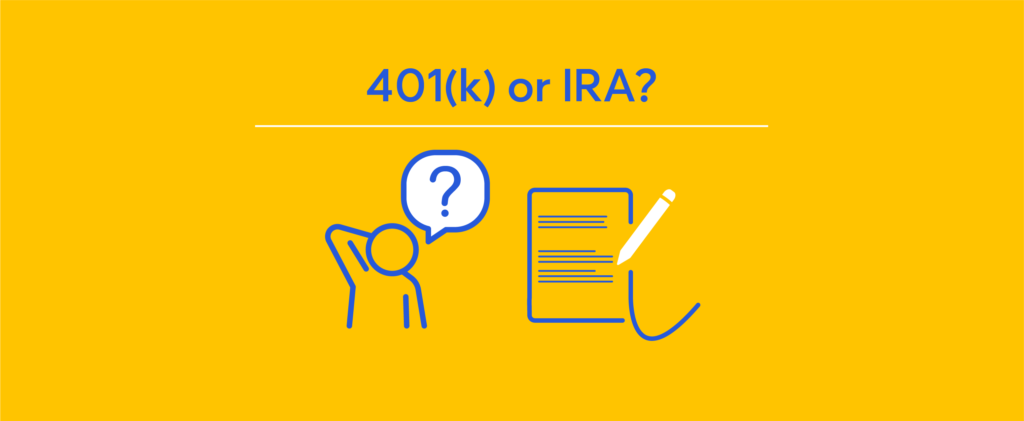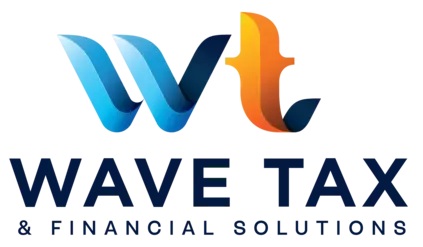An IRA (Individual Retirement Account) and a 401(k) are two types of retirement savings accounts designed to help people save and invest for retirement. However, there are significant differences between them.
Let’s take a look!
Sponsor and Eligibility
• 401(k): This is an employer-sponsored retirement plan, which offers a 401(k) to its employees and they can choose to match certain contributions. Not all employees may be immediately eligible; some must meet certain seniority requirements or employment criteria.
• IRA: A retirement account that is established on an individual basis. It can be opened by anyone who meets the income requirements specific to this type of account.
Contribution Limits
• 401(k): Annual contribution limits are set by the government, tend to be higher than those of an IRA, and vary from year to year. In 2021, for example, the limit was $19,500 for people under age 50, and $26,000 for people age 50 or older.
• IRA: Contribution limits are generally lower than those for a 401(k). In 2022, the limit was $6,500 for people under age 50, and $7,000 for people age 50 or older.
Investment Options
• 401(k): Investment options are determined by the employer and may include a variety of mutual funds, stocks, bonds and other investments.
• IRA: You have more control over investments held in an IRA, as you can choose from a wide range of options, including stocks, bonds, mutual funds, ETFs (exchange-traded funds), real estate and more.

Access to Money
• 401(k): Money is accessed through loans or withdrawals, but often with restrictions and tax penalties if withdrawn before retirement age.
• IRA: Money can be withdrawn at any time, but if withdrawn before retirement age, you may face tax penalties, unless it is a Roth IRA, and with certain limitations.
Taxes
• 401(k): Contributions to a 401(k) are made with pre-tax money, which means it decreases taxable income for the year the contributions are made. Withdrawals are taxable.
• IRA: Contributions may be tax deductible depending on the type of IRA and financial situation. Withdrawals are also taxable, unless it is a Roth IRA.
Required Minimum Distributions (RMD)
• 401(k): You start to take a required minimum withdrawal (RMD) at age 72 (was at age 70.5 prior to recent legislation).
• IRA: You start withdrawing RMDs at age 72 (was at age 70.5 prior to recent legislation).
We Suggest Consulting a Financial Advisor
These are some of the key differences between both accounts, and it is important to keep in mind that tax laws and regulations can change. We always recommend consulting a financial advisor or accountant for up-to-date information specific to each individual’s situation.

You may also like | Accounting Services: A Key to Business Success

